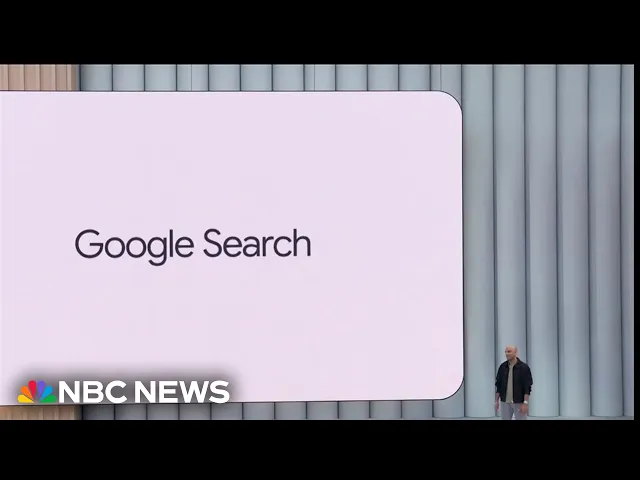Google rolls out major AI update with Gemini assistant

Google's Gemini changes the AI assistant game
Google has officially rolled out its most ambitious AI update yet, rebranding what was formerly Bard to its new Gemini assistant. This strategic pivot represents a fundamental shift in how Google positions itself in the increasingly competitive AI assistant marketplace, with tools designed to compete directly with OpenAI's ChatGPT and Microsoft's Copilot. The Gemini rollout signals Google's determination to not just participate in the AI race, but to reshape how consumers perceive AI assistants entirely.
Key Points
-
Google has completely rebranded its AI offerings under the Gemini name, replacing Bard and integrating AI capabilities more deeply across Google's ecosystem from Android to workspace applications.
-
The company has introduced a tiered approach with Gemini Free, Gemini Advanced ($19.99/month with Ultra 1.0 model access), and mobile apps for both Android and iOS—though iOS users face additional steps due to Apple's App Store policies.
-
Google is positioning Gemini as a true personal assistant rather than just a chatbot, emphasizing its ability to understand context, maintain conversation history, and perform complex reasoning tasks across various media types.
-
The integration extends beyond standalone applications, with Gemini capabilities soon appearing in Gmail, Docs, and other Google Workspace products, showing Google's commitment to embedding AI throughout its product ecosystem.
Expert Analysis
The most insightful aspect of Google's Gemini rollout is its clear strategy to normalize AI assistants as everyday tools rather than novelties. By integrating Gemini directly into Android and Google Workspace, they're creating an ambient AI experience that becomes a natural extension of how people already interact with technology. This represents a significant shift from treatment of AI as a separate destination to becoming an invisible layer powering everyday digital interactions.
This approach matters tremendously in the current tech landscape because it addresses the crucial "last mile" problem in AI adoption. While companies have raced to develop increasingly powerful models, the challenge has always been getting users to incorporate these tools into their daily workflows. By embedding Gemini throughout its ecosystem, Google is reducing friction in AI adoption, potentially solving the implementation gap that has plagued many AI initiatives.
Original Value-Adds
One dimension the video doesn't fully explore is the competitive positioning against Apple's rum
Recent Videos
How To Earn MONEY With Images (No Bullsh*t)
Smart earnings from your image collection In today's digital economy, passive income streams have become increasingly accessible to creators with various skill sets. A recent YouTube video cuts through the hype to explore legitimate ways photographers, designers, and even casual smartphone users can monetize their image collections. The strategies outlined don't rely on unrealistic promises or complicated schemes—instead, they focus on established marketplaces with proven revenue potential for image creators. Key Points Stock photography platforms like Shutterstock, Adobe Stock, and Getty Images remain viable income sources when you understand their specific requirements and optimize your submissions accordingly. Specialized marketplaces focusing...
Oct 3, 2025New SHAPE SHIFTING AI Robot Is Freaking People Out
Liquid robots will change everything In the quiet labs of Carnegie Mellon University, scientists have created something that feels plucked from science fiction—a magnetic slime robot that can transform between liquid and solid states, slipping through tight spaces before reassembling on the other side. This technology, showcased in a recent YouTube video, represents a significant leap beyond traditional robotics into a realm where machines mimic not just animal movements, but their fundamental physical properties. While the internet might be buzzing with dystopian concerns about "shape-shifting terminators," the reality offers far more promising applications that could revolutionize medicine, rescue operations, and...
Oct 3, 2025How To Do Homeless AI Tiktok Trend (Tiktok Homeless AI Tutorial)
AI homeless trend raises ethical concerns In an era where social media trends evolve faster than we can comprehend them, TikTok's "homeless AI" trend has sparked both creative engagement and serious ethical questions. The trend, which involves using AI to transform ordinary photos into images depicting homelessness, has rapidly gained traction across the platform, with creators eagerly jumping on board to showcase their digital transformations. While the technical process is relatively straightforward, the implications of digitally "becoming homeless" for entertainment deserve careful consideration. The video tutorial provides a step-by-step guide on creating these AI-generated images, explaining how users can transform...
